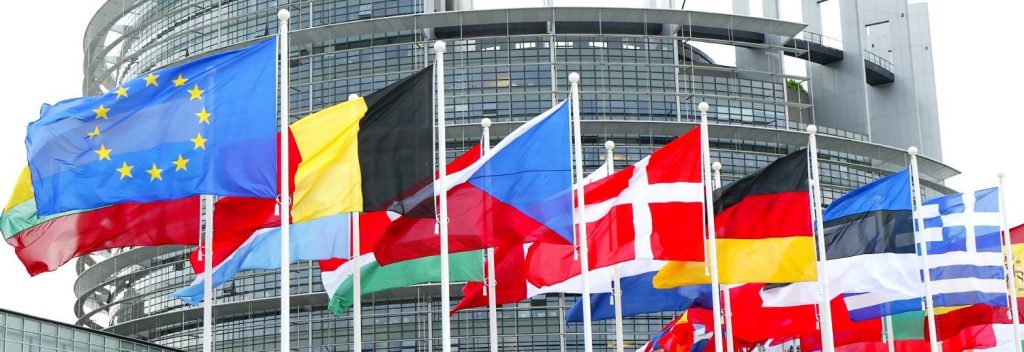GSP Plus may be at risk if government offices in Bangladesh do not work without “money”

Businessmen and industrialists in Bangladesh said that they have to suffer corruption and harassment when they go to work in various government offices in the country. They say, if the money is not spent, the work is suspended. Therefore, the businessmen urged the government officials to stay away from such trends to ease the business environment, reports the Bengali language daily newspaper Prothom Alo.
A few businessmen made this complaint in an event organised by the private research organisation the Center for Policy Dialogue (CPD) and the German aid organisation GIZ at the Westin Hotel in the capital.
In the event, Director of the Federation of Bangladesh Chambers of Commerce and Industry (FBCCI) Mr. Syed Moazzem Hossain said that the businessmen of the country are doing business in many adverse conditions. Businesses suffer corruption and harassment in every step. Citing an example, he said, ‘Recently I went to the Bond Commissionerate office for a Service. One of the top officials there is my friend. Still, other officials of that office asked me for money for the Service. They told me, “You be waived your friend’s share, but you have to pay our share.” Mr. Syed Moazzem Hossain complained that not only that office, businessmen are facing this kind of experience when they go to various government offices.
Mr. Mohammad Hatim, Executive President of The Bangladesh Knitwear Manufacturers and Exporters Association (BKMEA), said that he had faced similar experiences while working with government offices. He said, ‘A businessman applies for a certificate to the Bangladesh Chemical Industries Corporation (BCIC). But the certificate was not issued even in a month. On the contrary, the officials of that department asked for a bribe of BDT 50 thousand taka or EUR 500. Later, when I called the director there, he signed the certificate. But that signed certificate also had to be received with a bribe of BDT 30 thousand taka or EUR 300.
Citing another example, Mr. Mohammad Hatim said, ‘To install a generator with capacity of one megawatt or above, Bangladesh Energy Regulatory Commission (BERC) registration is required. I installed a 500 KW generator, half of the capacity required registration, in one of my factories. But during the government audit, officials came and said that it would require BERC registration. I said, it is below one megawatt. I was then told to produce a certificate in favour of my argument that installing generator below one megawatt capacity required no registration with the concerned authority. I had to obtain such certificate as I had no other choice. It means that whatever you do, if you don’t give the officials their share, then you can’t do business.’
Mr. Farooq Hasan, President of the Bangladesh Garment Manufacturers and Exporters Association or (BGMEA), said that due to the complexity of the registration process, there are many problems in conducting business in this country. Especially new entrepreneurs face the most problems.
Research Director of the CPD Dr. Khandkar Golam Moazzem said, the businessmen were subjected to long delays and harassment in the various registration offices. It must be stopped.
Leathergoods And Footwear Manufacturers & Exporters Association of Bangladesh (LFMEAB) President Mr. Syed Nasim Manzoor, Bangladesh Textile Mills Association (BTMA) Vice President Mr. Abdullah Al Mamun, Build Chief Executive Officer (CEO) Ms. Ferdous Ara Begum and GIZ Project Manager Mr. Michael Clode also spoke on the occasion.
International business partners of Bangladesh, including the OECD and EU member states, certainly take notes of the public statements by some of the very important business leaders of the country about obvious violations of Bangladeshi and international laws and standards of doing business. Therefore, it remains to be seen how the Members of the European Parliament approve trade benefits of any kind including the generous GSP Plus for Bangladesh without effectively and verifiably addressing the contradiction of fundamental European values i.e compromising their parliamentarian mandates.
-: END :-